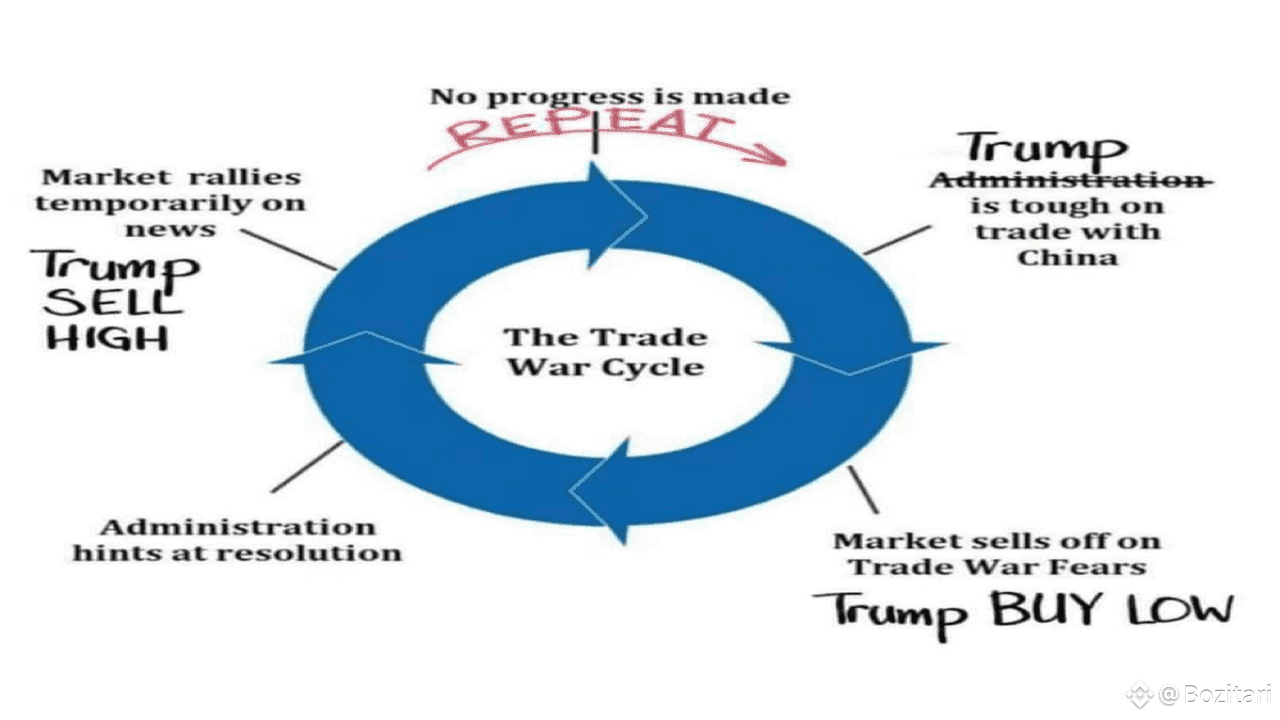October 24: Trump threatens a 100% tariff on all Chinese goods — a move that could vaporize $300 billion in exports overnight.
October 26: U.S. Treasury Secretary Scott Bessent emerges from Kuala Lumpur with a stunning announcement:
> “A substantial framework is in place. China is ready to make a deal.”
Forty-eight hours.
The world’s two largest economies stepped back from the brink — but not without a price.
---
💥 THE REAL STORY BEHIND THE HEADLINES
Beijing didn’t “surrender,” but it did move faster than anyone expected. Facing U.S. tariffs that would cripple manufacturing, China agreed to a rapid framework covering:
Rare earth exports — Beijing defers new restrictions.
U.S. agriculture — Chinese buyers resume soybean purchases.
Fentanyl precursors — stronger controls pledged.
What was billed as a showdown turned into a quiet climb-down — a recognition that Washington now holds stronger cards than it did in 2019.
---
🌍 THE HIDDEN GAME: RARE EARTHS AND LEVERAGE
While analysts debated tariffs, Washington was busy building escape routes:
Malaysia, Thailand, and Australia have all expanded rare-earth processing.
U.S. companies are re-shoring high-tech manufacturing.
New supply chains are forming across Southeast Asia.
China’s once-dominant grip on critical minerals is slipping — not overnight, but unmistakably.
---
🧮 THE NEW MATH OF POWER
2018: China controlled 90% of rare-earth output and dominated manufacturing.
2025: That monopoly is cracking — and global supply chains are shifting toward ASEAN, India, and the U.S.
Every dollar leaving China’s supply chain is a vote against its old leverage.
---
⚠️ THE MESSAGE BEHIND “READY TO DEAL”
Bessent’s phrase wasn’t just diplomatic language — it was a signal.
> “China is ready to make a deal.”
Translation: Beijing knows the tariff threat was real. And Washington knew China couldn’t afford it.
The tariff may be delayed. But the balance of power has shifted — permanently.
---
🧭 THE NEW ORDER
Globalization isn’t dead — it’s being rewritten.
Rare earths are no longer Beijing’s trump card.
The U.S.–China rivalry just entered its next phase: controlled decoupling.
This wasn’t just a trade truce. It was a test of economic survival.
And this time, Washington dictated the terms.
